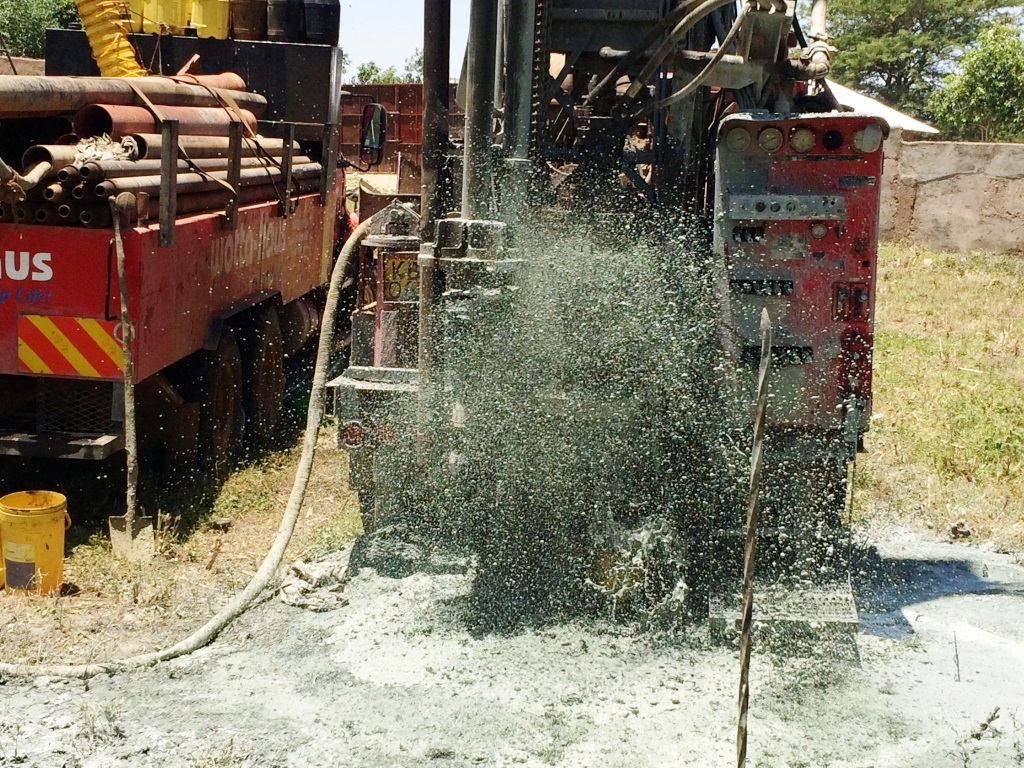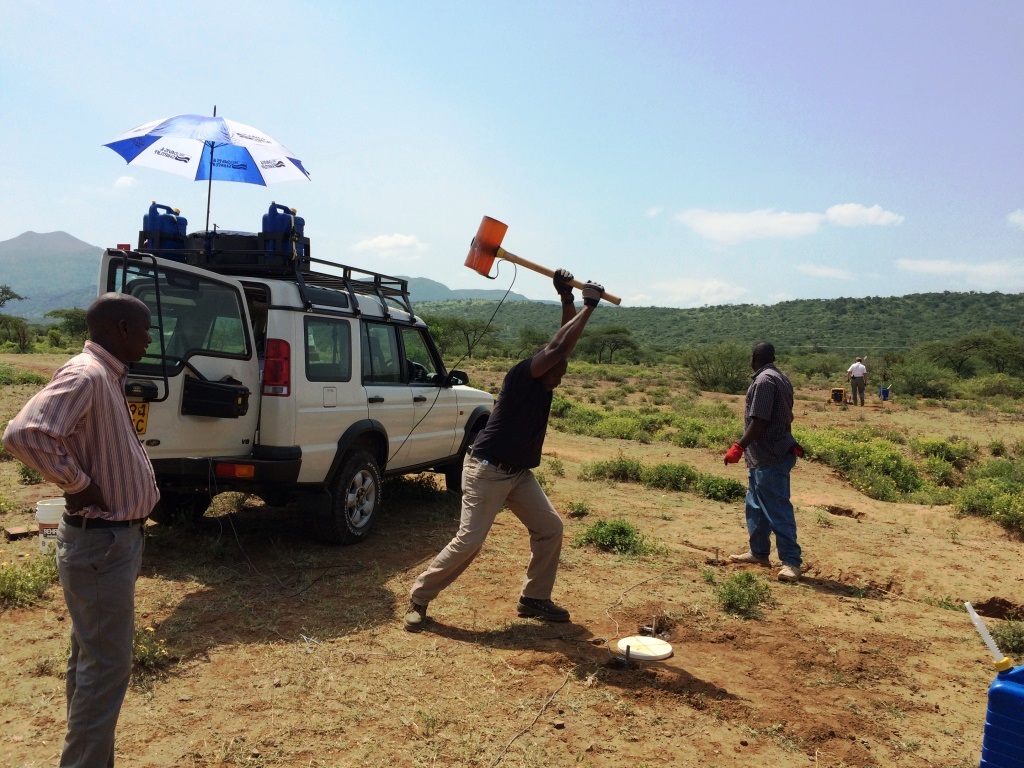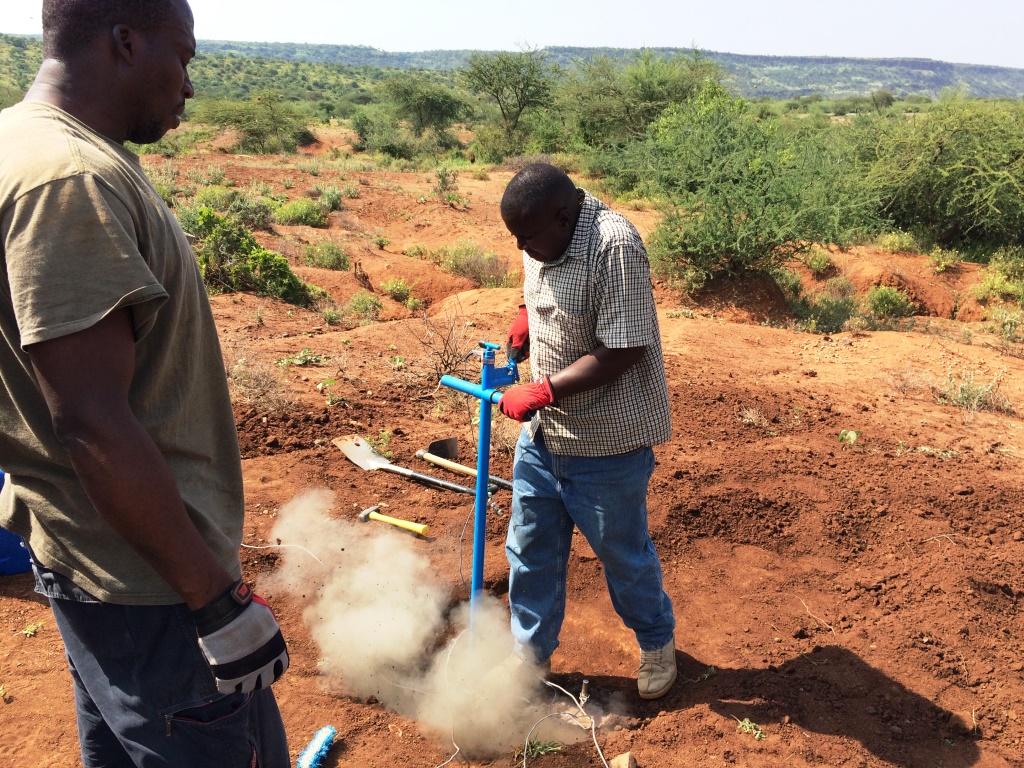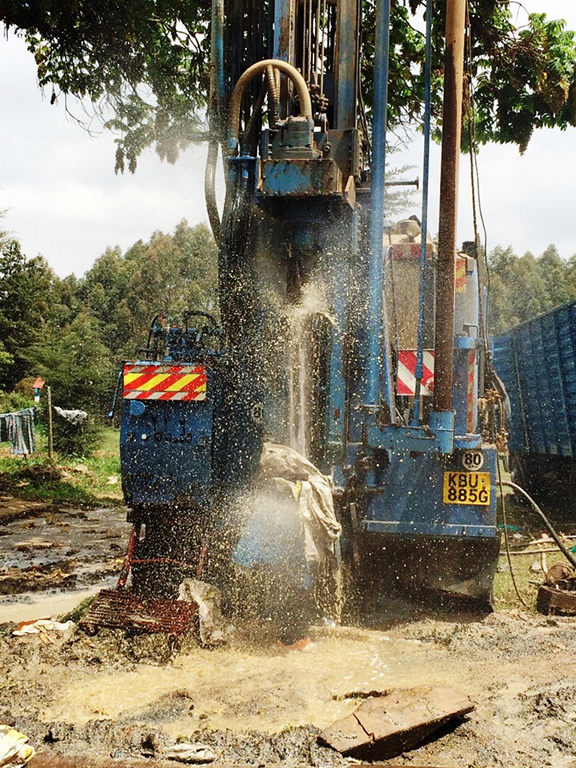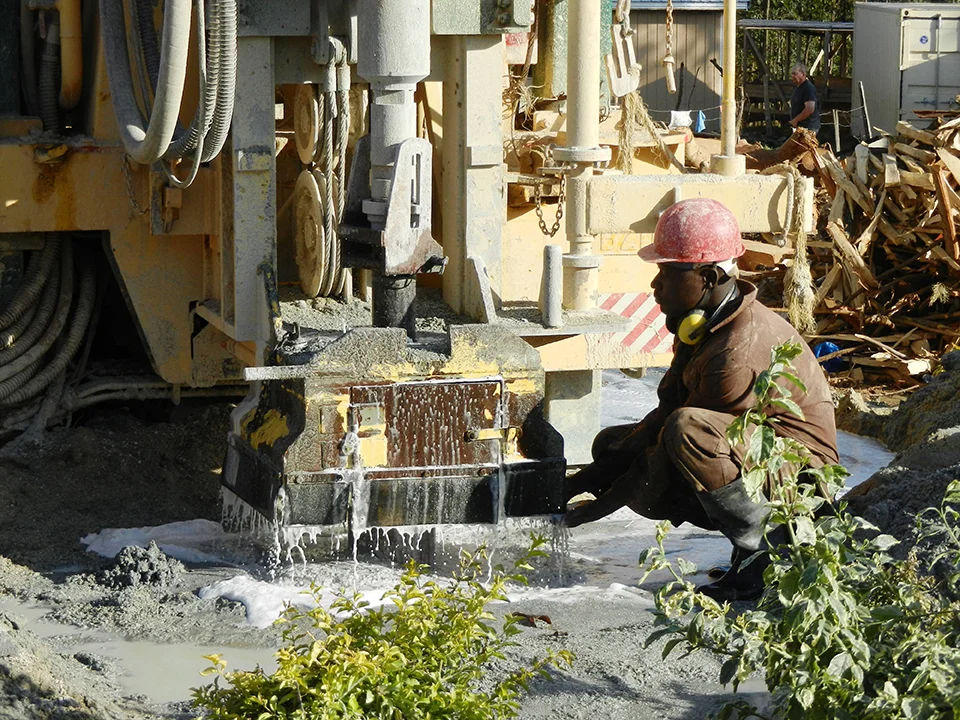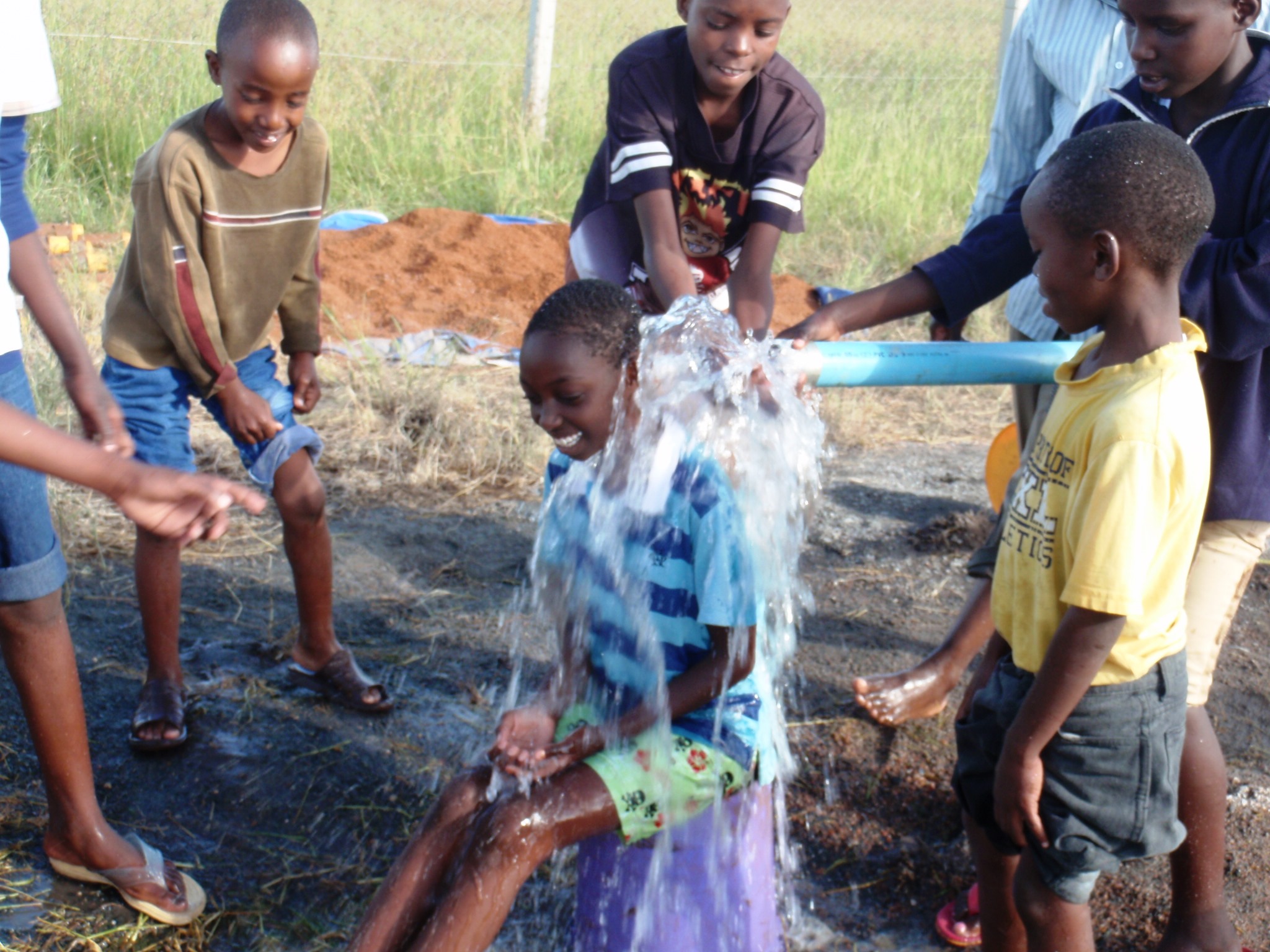Eleos Project can help identify the best location for drilling new water wells.
In many developing countries, approximately half of new water wells are dry and produce little to no usable water. This is due to poor well siting methods, malfunctioning/outdated equipment and poorly-trained operators. With the high cost of drilling today, we cannot afford to rely on poor well-siting methods. Our organization experienced this problem in our early years of drilling new water wells in Kenya as we only had a success rate of about 50%. This dilemma led us to look for better methods for locating where to drill new water wells. Our search led us in two very different directions that complement each other when used together. The first direction was to use a fracture trace analysis utilizing Google Earth satellite photos. This helped us to identify fractures that could be water-bearing. These fractures can often be a good conduit for groundwater. The second direction was the acquisition and training on equipment that uses scientific methods for detecting groundwater. This technology allows us to see the approximate depth and thickness of an aquifer in real time on a laptop in the field. Basically we are able to image, or take a snapshot of existing aquifers. In addition, using this technology we are able to approximate the potential yield (how much water the well will produce every hour). This change in the way we approach a potential water well drilling location has increased our success rate in Kenya over the past three years to more than 90%.
We are now offering this service to other charitable organizations who are drilling new water wells around the world. If this service is something you feel can benefit your drilling efforts to provide water, please contact us at groundwatersurveys@eleosproject.org.
A new water well can provide clean, safe water for hundreds of people every day.
Groundwater is generally a readily available source of clean, safe drinking water throughout sub-Saharan Africa. Drilling new water wells and developing existing groundwater resources is the most universally reliable method of meeting the clean water needs of rural communities in developing countries.
In sub-Saharan Africa groundwater resources are extensive and untapped. Groundwater resouces are considered to be the best option for rural community water supplies due to the generally unpolluted nature of the source. No filter on earth can equal the purifying, natural cleansing effect of Mother Earth.
The benefits of new water wells are staggering, impacting children, women, health, education and economic development. By drilling and constructing new water wells, clean, safe life-sustaining water can be provided at a reasonable cost in rural areas of sub-Saharan Africa. Once these new water wells are constructed they can provide water for 10-20 years and longer.
Dollar for dollar no other method in the water sector can provide the same impact and benefits of a new water well in developing countries.


